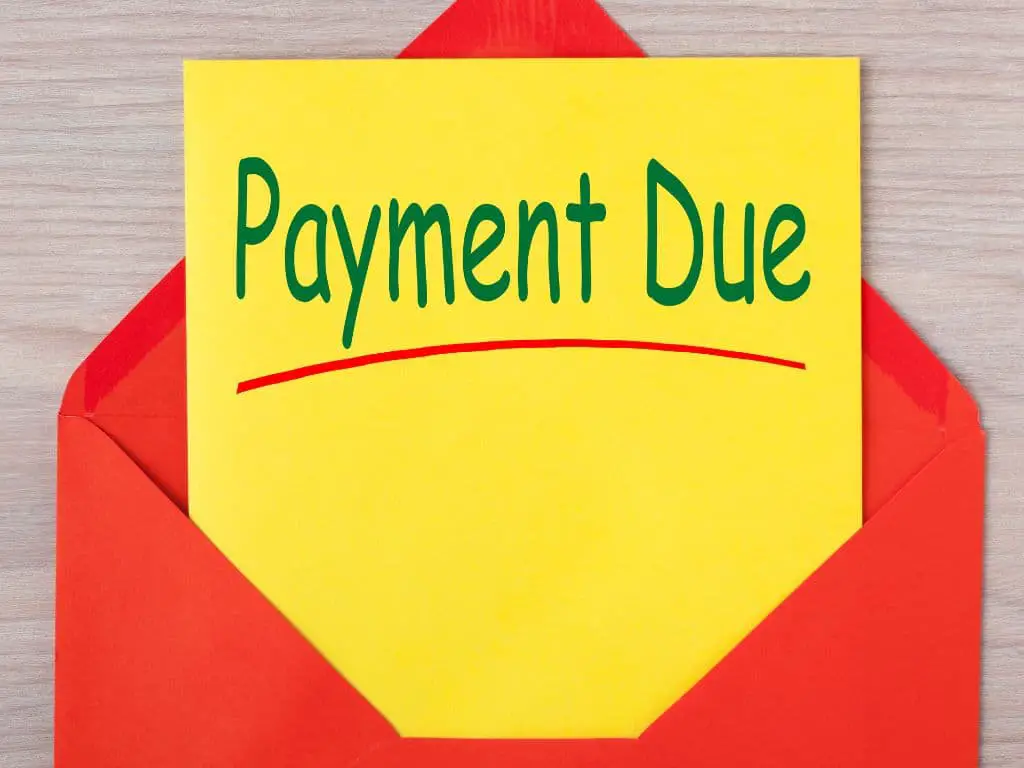Physical Address
304 North Cardinal St.
Dorchester Center, MA 02124
Physical Address
304 North Cardinal St.
Dorchester Center, MA 02124
This article explores the topic of mortgage payments, specifically concerning when they are due and the potential consequences of missing a mortgage payment.
Is a mortgage due on the first? Mortgage payments are usually due on the first of the month, but the exact due date depends on the closing date of the mortgage. Most banks determine the mortgage due date as the first of the month, and mortgages are paid in arrears.
Some lenders give the option to choose the payment date, but missing the due date may incur late fees, a poor credit score, or even foreclosure.

Usually, the mortgage is due on the first of the month, but it depends on the closing date of the loan. There can be a one month difference between the closing date and due date.
Some lenders allow customers to choose their payment date, and automation and reminders can be set up to stay on track with payments.
We also learn that potential consequences of missing a mortgage payment can include late fees, poor credit scores, and foreclosure.
You might have wondered if mortgage payments are due on the first of every month. Well, the answer is usually “yes.” But that might not always be the case. In fact, there’s a lot more to it. Let’s explore the aspects of mortgage payment due dates for better clarification:
First, let’s understand what determines your mortgage due dates. On the closing date for a mortgage, the following events happen:
It’s the time of the month when you close that affects the due date of your very first payment. So, if you plan to close on your loan soon, check with your lender to confirm the due date of your first payment.
Your rent payments might be due on the first day of the month for that particular month. However, that’s not the case with mortgage payments. Most banks determine the mortgage due date as the first of the month. But here’s something more you must know:
It’s true that the first of each month could be your mortgage due date. But some lenders base the due date on a date a month after the date you completed your property purchase. So, if you closed on your property on October 15th, your first payment due date would fall on the 15th of the following month (in this case, November 15th).
Rest assured, you won’t be taken by surprise! The TILA-RESPA Integrated Disclosure Rule requires lenders to provide you with two important forms:
These forms will outline all the details about your mortgage, including the payment due date.
Some lenders give you the option to choose your mortgage payment date. For example, you can align it with your payday for added convenience! But what if you don’t have that flexibility?
Well, you can contact your lender for it:
Then, if everything goes in your favor, you can make early mortgage payments each month or even bi-weekly payments. This way, you can build in some flexibility.
Whatever your mortgage payment due date may be, missing it can harm you big time! Let’s find out how:
Most lenders offer a grace period of around two weeks before charging a late fee. But staying on top of your payments will help you a lot. What comes to mind first is the risk of late fees quickly adding up. And you won’t like an expense you didn’t ask for burdening you.
Then there’s your credit score. When you frequently miss your due dates, it negatively impacts your credit score. As a result, either you’ll have to pay higher interest on a loan in the future, or you won’t even get a loan at all.
And the damage doesn’t end there. If you’re at least 120 days behind on your payments, your mortgage company may start foreclosing—the process you dread the most. That means your lender may take possession of your mortgaged property.
On-time mortgage payments avoid late fees, poor credit scores, and foreclosure. But life can be busy, and you might forget about making the payment. That’s why I have some tips for you to ensure timely mortgage payments:
Automation is the trend. So why not leverage it? Always be on time with your mortgage payments with the automatic payment feature. Once you activate it, your bank automatically deducts the mortgage payment from your account on the due date. But remember, you must have sufficient funds in your account to cover your mortgage payments.
You can set reminders for your mortgage payments in several ways. For example, you can:
Choose the method that works best for you. You can also set the reminder a few days before the due date to allow time for unexpected issues.
While your mortgage payment is usually due on the first of the month, it’s always best to check with your lender to be sure. And if you’re looking for more flexibility, ask your lender about choosing your payment date. Just watch for any fees for paying off your loan ahead of schedule.
Missing a mortgage payment can result in severe consequences. It may lead to late fees, poor credit scores, or even foreclosure. But you can set up automatic payments or reminders to stay on track with mortgage payments, avoiding unnecessary stress.